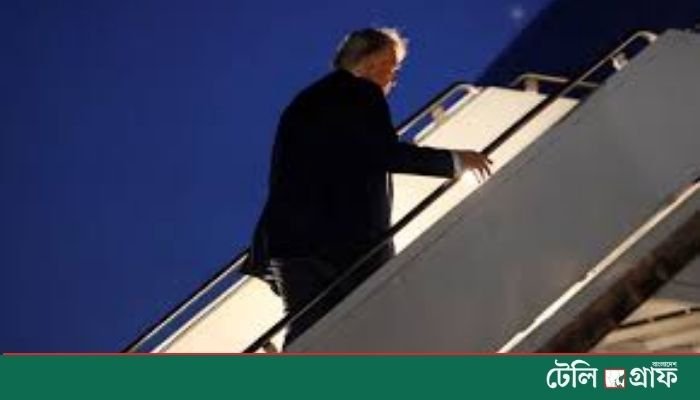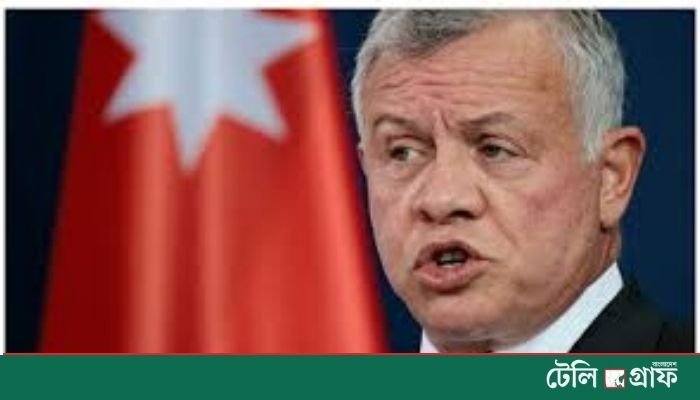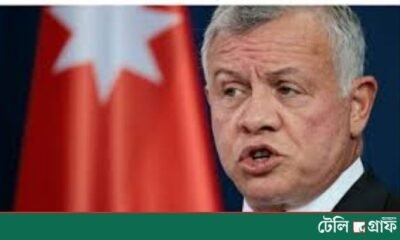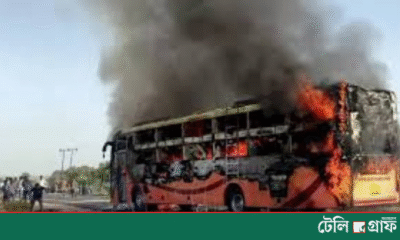International
West Bengal CM Slams Delhi Police for Calling Bengali a ‘Bangladeshi Language’

KOLKATA, India — West Bengal Chief Minister Mamata Banerjee has condemned the Delhi Police for referring to Bengali as a “Bangladeshi language” in an official letter, calling the incident “shameful,” “insulting,” “anti-national,” and “unconstitutional.”
The letter, dated July 29, was sent to the in-charge of Banga Bhavan, the West Bengal government’s guest house in New Delhi, requesting translation of certain documents described as being in the “Bangladeshi language.” The documents were linked to an FIR involving eight suspected Bangladeshi nationals.
“Bengali is recognized by India’s Constitution, and our national anthem and national song are in this language,” Banerjee said, urging public protests.
Trinamool Congress general secretary Abhishek Banerjee called the wording a “deliberate conspiracy” to malign Bengali identity and link West Bengal with Bangladesh. He demanded the removal of investigating officer Amit Dutta and public apologies from the Delhi Police, the BJP, and the Home Ministry.
BJP IT cell chief Amit Malviya defended the police, accusing Banerjee of politicizing the issue and asserting that illegal Bangladeshi migrants and Rohingya will be dealt with strictly under Indian law to protect national security.
International
At least 20 killed as bus catches fire in Rajasthan’s Jaisalmer

At least 20 people have been killed after a passenger bus caught fire in Rajasthan’s Jaisalmer district on Tuesday (October 14) afternoon. The bus was travelling from Jaisalmer to Jodhpur when the accident occurred.
Police said the bus, carrying 57 passengers, left Jaisalmer around 3 p.m. Shortly afterward, smoke was seen coming from the rear of the vehicle. The driver stopped the bus on the roadside, but within minutes, flames engulfed the entire bus.
Locals rushed to help the passengers and informed the fire brigade and police, who later brought the blaze under control. Initial investigations suggest that an electrical short circuit may have triggered the fire.
Fifteen passengers, including four women and two children, sustained severe burns, with some suffering burns over 70% of their bodies. The injured were taken to Jaisalmer’s Jawahar Hospital and later shifted to Jodhpur for advanced treatment.
District authorities launched an immediate rescue and relief operation. Officials confirmed that the bus was completely gutted, making it difficult to identify many of the victims. DNA and forensic teams from Jodhpur have been deployed to assist with the identification process.
Rajasthan Chief Minister Bhajan Lal Sharma visited Jaisalmer late Tuesday night. Indian Prime Minister Narendra Modi expressed his condolences and announced financial aid of ₹2 lakh each for the families of those killed.
(Source: NDTV)
International
Trump Hails Gaza Ceasefire as ‘A Day No One Thought Possible’

U.S. President Donald Trump has described the Gaza ceasefire agreement as “an important day,” saying that “no one thought this could ever happen.”
He made the remarks aboard Air Force One while returning to Washington after visits to Israel and Egypt.
When asked by reporters whether the ceasefire signaled the return of peace in the Middle East, Trump replied, “Some support a one-state solution, others want a two-state solution — we’ll have to see what happens.” He declined to elaborate further on the issue.
Earlier, at a summit in Sharm el-Sheikh, Egypt, Trump and representatives from 20 nations signed a peace agreement related to Gaza, aiming to pave the way for a lasting ceasefire in the war-torn enclave.
During the flight back to Washington, Trump also commented on Gaza’s future, saying, “I can’t say what will happen, but whoever takes responsibility — I’ll fight for them.”
Later, on his social media platform Truth Social, the former president wrote, “Something extraordinary was achieved today in Israel and Egypt. Much has been done — and I wouldn’t have it any other way. It was an incredible experience!”
Source: BBC Bangla.
International
Jordan’s King Abdullah warns: “Without a Palestinian state, the Middle East will collapse”

Jordan’s King Abdullah II has warned that the Middle East could face destruction if the ongoing peace process does not lead to the creation of an independent Palestinian state.
In an exclusive interview with BBC Panorama ahead of the Sharm el-Sheikh summit in Egypt, King Abdullah called for a renewed commitment to peace, emphasizing that Gaza’s governance should be handed over to an independent Palestinian authority once a ceasefire takes hold.
He said countries like Qatar and Egypt are working closely with the parties involved to ensure compliance with the ceasefire agreement. However, he cautioned that “the devil lies in the details” of the Trump-era peace accords and stressed the importance of continued US engagement in the process.
“The region will collapse if we fail to provide a future for both Israelis and Palestinians,” the King said, adding that the solution must lead toward a two-state outcome.
Referring to Israeli Prime Minister Benjamin Netanyahu, he said he does not trust him personally but believes there are Israelis who genuinely want peace with the Arab world.
Despite criticism at home, the King reaffirmed that Jordan’s 1994 peace treaty with Israel remains crucial, especially in maintaining regional security cooperation.
He concluded, “Peace is the only solution. If we fail to achieve it, this region may cease to exist as we know it.
-

 campus1 day ago
campus1 day agoAfter 36 Years, CU Students Vote in Long-Awaited Central Union Election
-

 EDUCATION1 day ago
EDUCATION1 day agoHSC and Equivalent Exam Results to Be Published on October 16
-

 International2 days ago
International2 days agoJordan’s King Abdullah warns: “Without a Palestinian state, the Middle East will collapse”
-

 Crime and Justice2 days ago
Crime and Justice2 days agoLand dispute turns deadly in Chuadanga: One killed, three injured
-

 International2 days ago
International2 days agoIsrael kills three Palestinians accused of crossing Gaza ceasefire line












